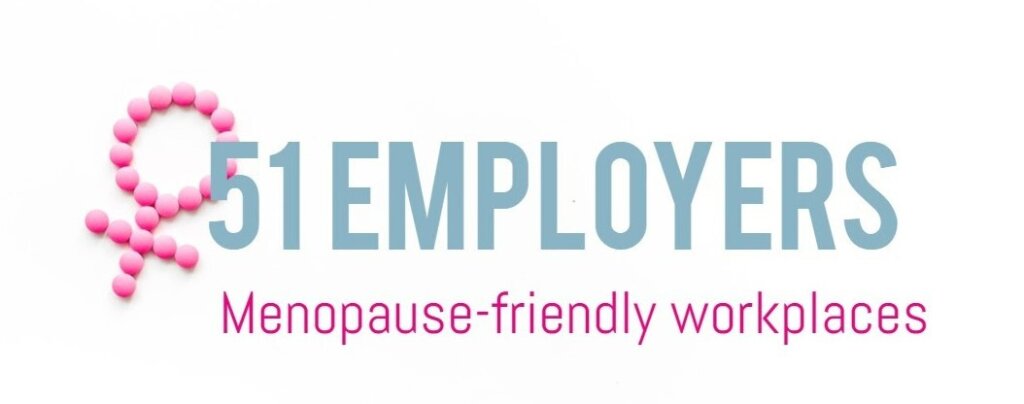Authors: | Adam Sykes & Natalie Hopkins |
Date: | October 2025 |
To Be Reviewed: | October 2027 |
Principles
As part of a whole-school approach, careers education, information, advice and guidance (CEIAG) informs, inspires and motivates young people, preparing them for work and helping them to understand where different education and training choices could take them in the future. A JCG careers education will develop the character so that our students thrive as individuals and members of society.
A JCG careers education helps our students to fulfil crucial elements of our vision:
Leaving us with an excellent record of achievement for an academically demanding course at university or employment which will lead to a stimulating career.
Developing the ambition, motivation and staying power, which will equip them to study independently and successfully.
Applying for internships, work experience and voluntary work in their holidays.
Aims
This policy is intended to support the College in the provision of high-quality careers education and guidance. We aim to develop the skills, knowledge and character of all students at JCG so that they are able to embark on a fulfilling career leading to significant personal development which will enhance their lives and the lives of those around them.
JCG staff, staff from external agencies and other members of our community make valuable contributions to careers education and guidance for JCG students. Our students have a broad range of opportunities to develop their personal and employability skills. The curriculum, in particular PSHE, work experience, community involvement and service, and co-curricular activities enable JCG students to experience an enriched education through experiential learning. These opportunities help students develop their decision-making processes and prepare them for life beyond JCG.
We aim to promote the self-awareness of all students so that they can be confident with their skills and knowledge. We give students time to reflect on their strengths, limitations, needs and values in academic mentoring. We help them develop skills and awareness through numerous co-curricular activities including subject-related lectures and enterprise events. JCG students are able to take part in decision-making processes and opportunities for student voice through the Student Council and other focus groups. We want the student experience at JCG - including careers education, information, advice and guidance - to prepare students exceptionally well for further study and their future careers.
It is our aim that students leave JCG with highly developed employability skills, depth of character and a sense of purpose.
Procedures
Students should be encouraged to take responsibility for:
Engaging with careers and employability opportunities in College.
Actively cultivating their own development with regards to careers education within and beyond the College.
Updating their profile on Unifrog and recording experiences and skills in order to track progress.
Parents have responsibility for:
Maintaining their awareness of the careers programme at JCG, by engaging with communications from the College.
Taking an active role in supporting their children to develop their skills and experiences relating to careers education and guidance.
Parents are also encouraged to share their experiences and knowledge with relation to careers and employability.
Subject Teachers with the support of their Heads of Department have responsibility for:
Encouraging discussion and presentation of career opportunities leading on from studying their subject at JCG.
Recognising that subject teachers are a very important source of independent advice, and sharing their advice, either one-to-one or as part of a group, as appropriate.
Being familiar with sources of careers guidance and advice including Skills Jersey, the Employability Coordinator, the careers library (in the Library), the Gatsby benchmarks (appendix V) and the www.unifrog.org careers website.
Encouraging students to have careers-related discussions with other stakeholders (Tutors, parents, subject teachers etc).
Encouraging student participation in employability events and supporting these where appropriate.
Being involved in CEIAG training where appropriate.
Form Tutors have responsibility for:
Acting as the first point of contact for careers education and guidance and providing a valuable source of independent advice.
Knowing their tutees well and using this knowledge of their progress in college and their co-curricular achievements when discussing careers options.
Familiarising themselves with sources of careers guidance and advice including Skills Jersey, the Employability Coordinator, the careers library (in the main college library), the Gatsby benchmarks (appendix V) and the www.unifrog.org careers website.
Familiarising themselves with the outline of the PSHE content for their year groups (see Appendix I).
Holding formal and informal discussions with their tutees about careers including during form time and academic mentoring, including target setting.
Encouraging students to have discussions with their parents/guardians, teachers and friends about their strengths and areas for development in terms of transferable skills, areas of interest and possible career paths.
To encourage student participation in employability events and to be involved in them where appropriate.
Being involved in CEIAG training where appropriate.
Heads of School, supported by their Assistants, have responsibility for:
Supporting tutors to complete academic mentoring and deliver the tutor programme, including careers education and guidance where appropriate.
Familiarising themselves with sources of careers guidance and advice including Skills Jersey, the employability coordinator, the careers library (in the Library), the Gatsby benchmarks (appendix V) and the www.unifrog.org careers website.
Referring to a Skills Coach or Prospor Mentor where appropriate.
Familiarising themselves with the outline of the PSHE content for their year groups (see Appendix I) and helping Tutors to draw on details of this as appropriate.
Encouraging students to have careers-related discussions with other stakeholders (Tutors, parents, subject teachers etc).
Encouraging student participation in employability events and to be involved in them where appropriate.
Being involved in CEIAG training where appropriate.
Sixth Form Life Skills and Choices Tutors have responsibility for:
Acting as a key point of contact for careers and employability and providing a valuable source of advice.
Attending relevant training as appropriate.
Employability Coordinator has responsibility for:
Managing the whole College careers programme.
Guiding and supporting students in their decisions regarding career plans.
Supporting Tutors and Heads of School to fulfil their responsibilities in relation to careers and employability.
Liaising with the Head of PSHE to ensure the coverage of the CEIAG programme in lessons.
Reviewing schemes of learning (SoL) with the Head of PSHE.
Having oversight of the College’s careers-related engagement with external agencies including Skills Jersey, employers and the local business community.
Developing links with local employers, facilitating opportunities for students to meet with and engage with careers opportunities from local employers.
Organising the JCG Careers Fair; enabling links between students and employers from a variety of sectors.
Organising events which promote students’ understanding of the world of work, including Young Enterprise, Trident Work Experience, IoD Work Shadowing etc.
Filtering and passing on information to students and teachers.
Ensuring the college is an affiliate of the Career Development Institute (CDI).
Attending Career Guidance and / or Skills Shows annually.
Completing the Qualification in Career Guidance (QCG).
Reviewing training for staff on an annual basis and supporting them to complete the Qualification in Careers Guidance (QCG), or similar, as appropriate.
Reviewing this policy.
Assistant Headteacher (Student Progress and Welfare) has responsibility for:
Line managing and supporting the work of the Employability Coordinator.
Advising other members of the Senior Leadership Team on matters relating to careers education.
Reviewing this policy.
Links to other policies
Work Experience Procedures are detailed in Appendix V of this policy.
The Jersey Careers Curriculum:
Health and Safety Policy
Individual Student Needs (ISN) Policy
Safeguarding and Child Protection Policy
Learning and Teaching Policy
Careers and Employability on the JCG website:
Further Reading
Gatsby Benchmarks: http://www.goodcareerguidance.org.uk/
Prospects Careers Website: www.unifrog.org







